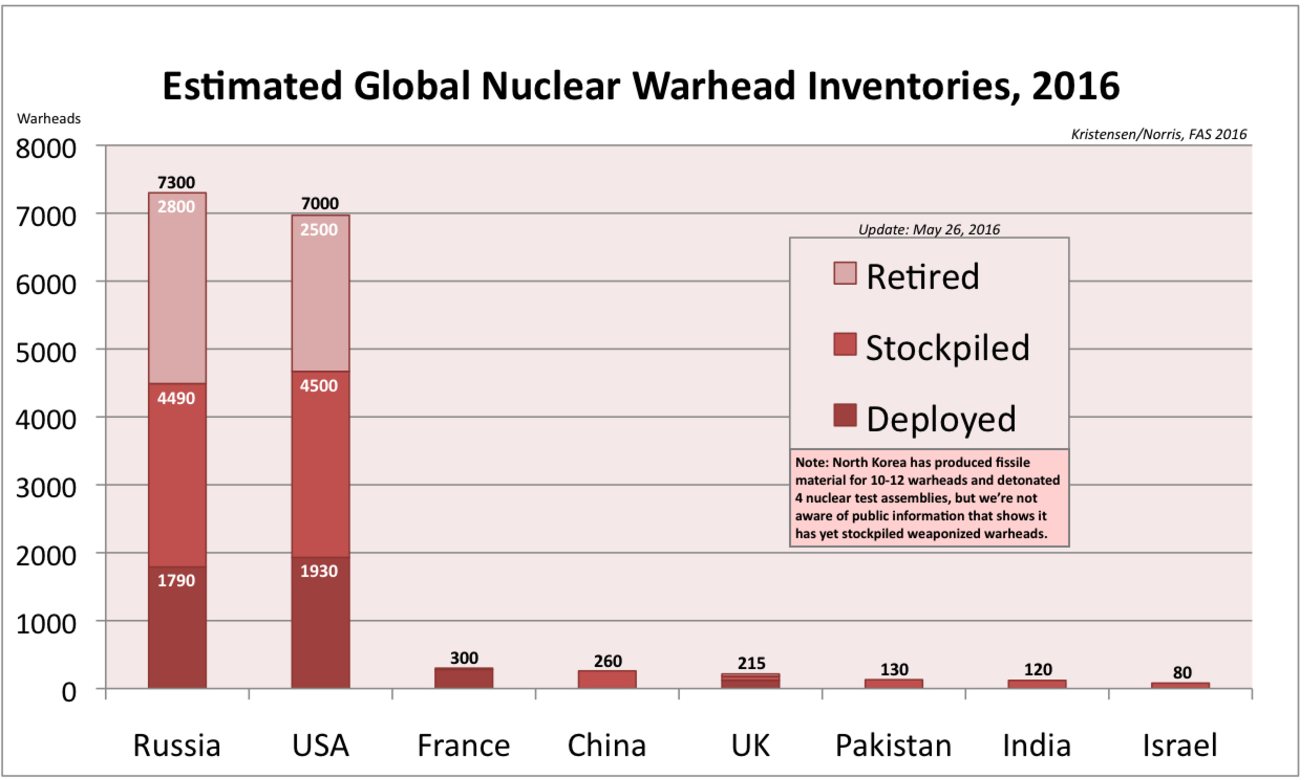'Urgent': Risk of nuclear war now greater than at any time since 1945, UN warns
Institute for Disarmament Research directors warns world needs to take risks more seriously
Your support helps us to tell the story
From reproductive rights to climate change to Big Tech, The Independent is on the ground when the story is developing. Whether it's investigating the financials of Elon Musk's pro-Trump PAC or producing our latest documentary, 'The A Word', which shines a light on the American women fighting for reproductive rights, we know how important it is to parse out the facts from the messaging.
At such a critical moment in US history, we need reporters on the ground. Your donation allows us to keep sending journalists to speak to both sides of the story.
The Independent is trusted by Americans across the entire political spectrum. And unlike many other quality news outlets, we choose not to lock Americans out of our reporting and analysis with paywalls. We believe quality journalism should be available to everyone, paid for by those who can afford it.
Your support makes all the difference.The risk of conflict involving nuclear weapons is at its highest since the Second World War, a senior United Nations (UN) security expert has warned.
Renata Dwan, director of the UN Institute for Disarmament Research, told reporters in Geneva the arms control landscape is changing, partly due to strategic competition between the US and China.
"I think that it's genuinely a call to recognise - and this has been somewhat missing in the media coverage of the issues - that the risks of nuclear war are particularly high now, and the risks of the use of nuclear weapons, for some of the factors I pointed out, are higher now than at any time since World War Two," she said.
Calling it an "urgent" issue the world should take more seriously, Ms Dwan said all states with nuclear weapons have nuclear modernisation programmes under way.
Traditional arms control arrangements are also being eroded by the emergence of new types of war, with increasing prevalence of armed groups and private sector forces and new technologies that blur the line between offence and defence, she said.
With disarmament talks deadlocked for the past two decades, 122 countries have signed a treaty to ban nuclear weapons, partly out of frustration and partly out of a recognition of the risks, she added.
The nuclear ban treaty, officially called the Treaty for the Prohibition of Nuclear Weapons, was backed by the International Campaign to Abolish Nuclear Weapons (ICAN), which won the Nobel Peace Prize in 2017.
The treaty has so far gathered 23 of the 50 ratifications that it needs to come into force, including South Africa, Austria, Thailand, Vietnam and Mexico. It is strongly opposed by the US, Russia, and other states with nuclear arms.

Cuba also ratified the treaty in 2018, 56 years after the Cuban missile crisis, a 13-day Cold War face-off between Moscow and Washington that marked the closest the world had ever come to nuclear war.
Ms Dwan said the world should not ignore the danger of nuclear weapons.
"How we think about that, and how we act on that risk and the management of that risk, seems to me a pretty significant and urgent question that isn't reflected fully in the (UN) Security Council," she said.

Join our commenting forum
Join thought-provoking conversations, follow other Independent readers and see their replies
Comments